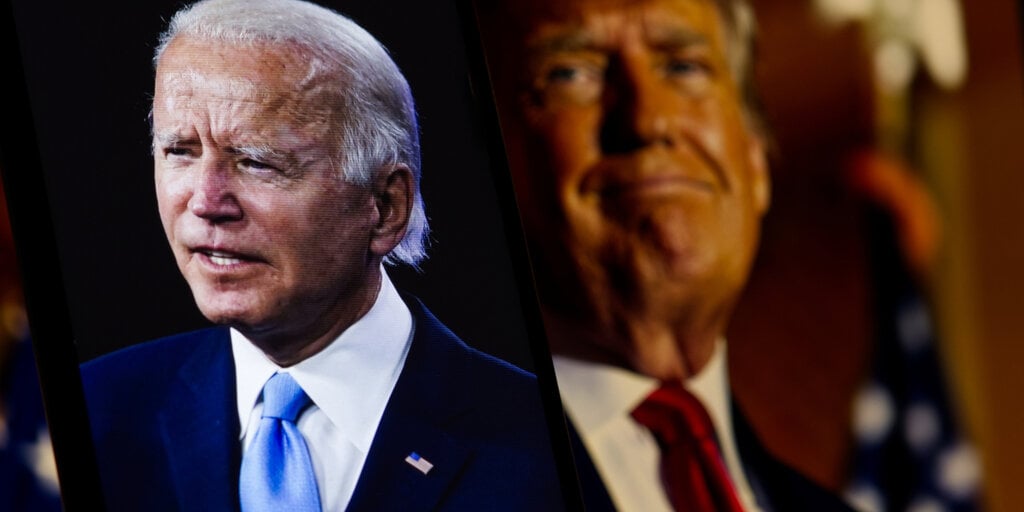Regulation of AI Use in Political Advertisements
If artificial intelligence is utilized to create political advertisements, the disclosure of its use is deemed necessary as per a new proposal put forth by the U.S. Federal Communications Commission (FCC). The FCC notice, unveiled on Wednesday, arrives on the heels of an incident where an AI-generated robocall targeted voters in New Hampshire roughly three months prior.
Under this FCC proposal, political ads utilizing AI-generated content would mandate an on-air disclosure as well as a written disclosure maintained on file by broadcasters. The chair of FCC, Jessica Rosenworcel, stated that as AI tools become more accessible, the commission seeks to ensure that consumers are fully informed when such technology is integrated. Consumers deserve to be aware when AI is employed in the political content they encounter.
Scope of the Disclosure Rules
The disclosure regulations would pertain to both candidate and issue advertisements, encompassing entities offering origination programming, such as cable, satellite TV, and radio providers. While the proposed policy necessitates disclosure, it stops short of outright prohibiting AI-generated content. Nonetheless, the FCC has made comparable moves previously.
In February, the FCC prohibited the use of AI-generated robocalls subsequent to an audio deepfake impersonating U.S. President Joe Biden, striving to dissuade New Hampshire residents from participating in the state’s primary election in February. Biden advocated for the ban on AI voice impersonation during the State of the Union address in March.
Utilization of AI in Political Campaigns
Diverse responses emerged to the FCC’s proposed regulations. While Biden condemned AI voice impersonators, Congressional Candidate for Ohio’s 7th district, Matt Diemer, collaborated with AI developer Civox AI to leverage AI technology for voter engagement. Diemer highlighted the significance of tools like Civox AI, enabling him to connect with over 730,000 constituents across the state, akin to various digital communication modes.
Renowned generative AI model developers such as Microsoft, OpenAI, Meta, Anthropic, and Google have imposed restrictions or bans on utilizing their large language model platforms for political ads. In readiness for the plethora of elections worldwide in 2024 and as a precautionary measure, Google restricted specific election-related queries for which Gemini would return responses.
Looking ahead to the upcoming U.S. elections and subsequent periods, the FCC underscored the imperative of remaining vigilant against deceptive AI-generated deepfakes. These deepfakes create a potential for circulating false information to voters, posing a notable risk in the realm of political advertisements.
The FCC refrained from immediate commentary in response to Decrypt’s request for input. The regulation and monitoring of AI usage in political advertising are projected to gain enhanced significance in the years ahead as technology continues to advance.
Image/Photo credit: source url





